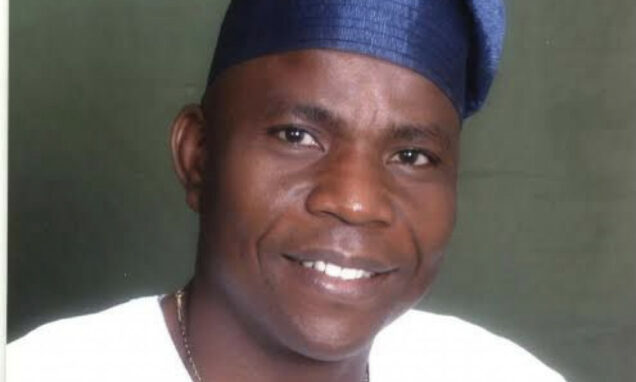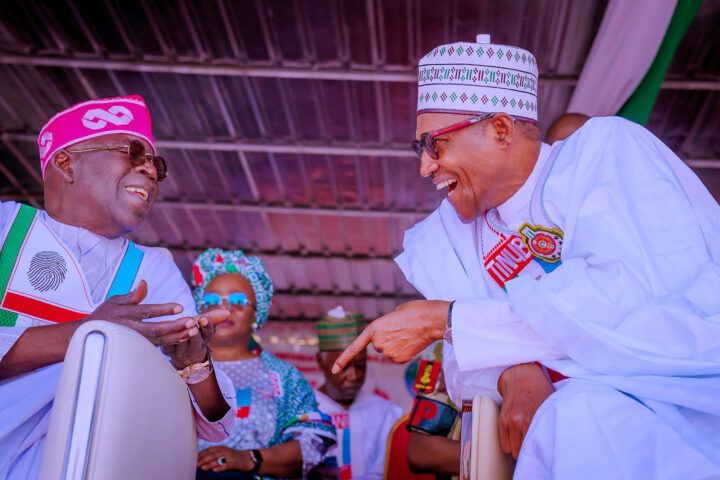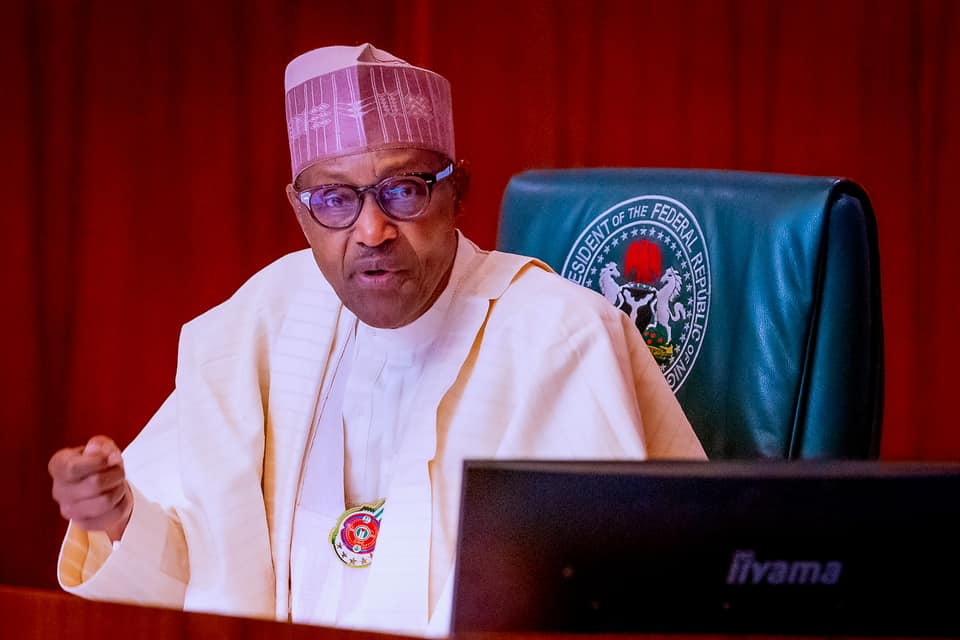News
Presidency Reacts To Uproar Over Plan To Give $100 Abacha Loot To Gov Bagudu
The Presidency, in a reaction to the report on an alleged attempt by the Federal government to hand over about $100 million United States authorities said that was stolen by a former Head of State, Gen. Sani Abacha, to Kebbi State Governor Abubakar Bagudu, advised against any action that would complicate ongoing efforts to recover more money from abroad.
The Senior Special Assistant to the President on Media and Publicity, Garba Shehu, when contacted said the Embassy of the United States might be approached for any clarification on the agreement already reached by the three parties.
Shehu, in a text message said: “We have a lot more money to recover oversees and no one has the right to complicate things for the government of our country.
“The U.S. and the British crown dependency of Jersey have agreed with the president and government of Nigeria to repatriate $308m connected to General Sani Abacha, the three governments said.
“By a decision of this government, the entire sum will be paid to the Nigerian Sovereign Investment Authority, NSIA, and will be used in expediting the construction of the three major infrastructure projects across Nigeria – namely Lagos – Ibadan Expressway, Abuja – Kano Expressway and the Second Niger Bridge.
“The position of the Buhari administration is still the same on this. The Embassy of the U.S. may be approached for any clarification on the agreement already reached by the three parties.”
The report said that the Buhari administration says a 17-year-old agreement entitles Bagudu to the funds and prevents Nigeria from assisting the U.S., according to recent filings from the District Court for the District of Columbia in Washington.
The disagreement, according to Bloomberg, may hamper future cooperation between Nigeria and the U.S. to recover money moved abroad by Abacha.
“This case illustrates how complex and contentious repatriating stolen assets to Nigeria can be,” Bloomberg quoted Matthew Page, an associate fellow at London-based Chatham House and former Nigeria expert for U.S. intelligence agencies, as saying. “Instead of welcoming U.S. efforts, Nigeria’s lawyers appear to be supporting the interests of one of the country’s most powerful families,” he added.







